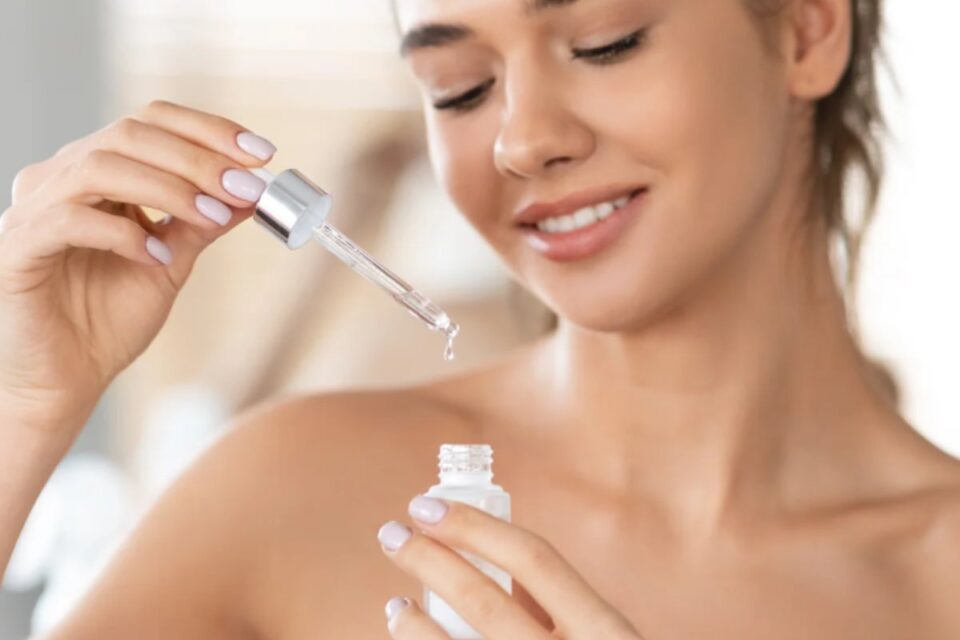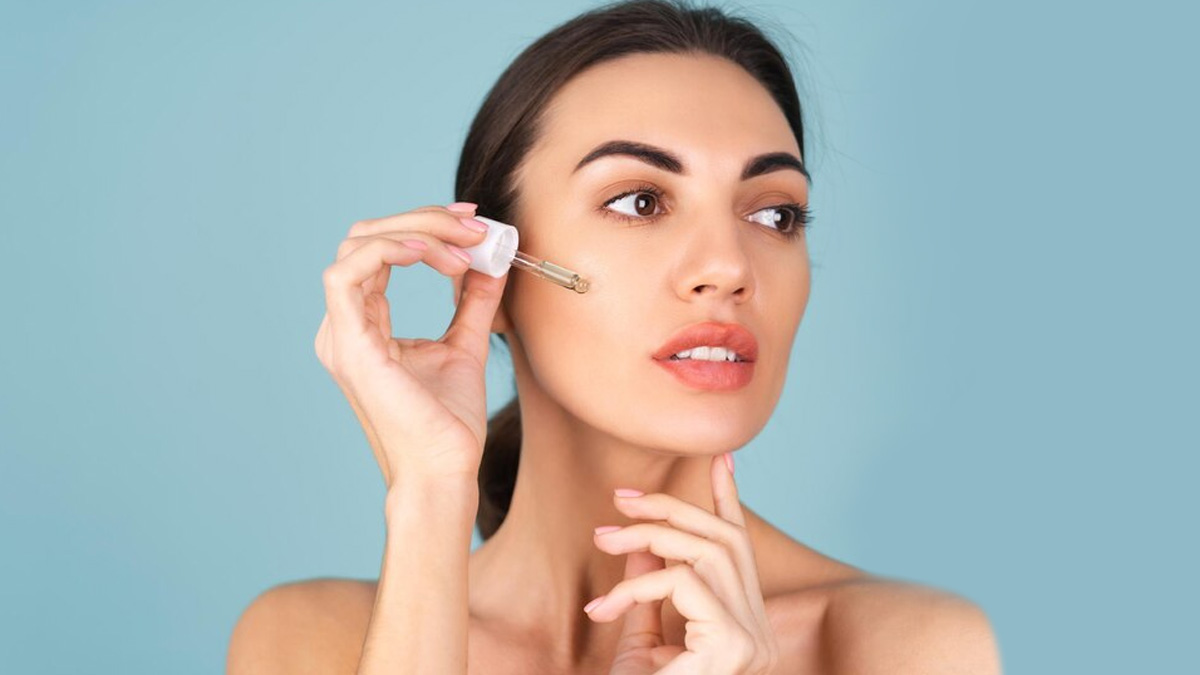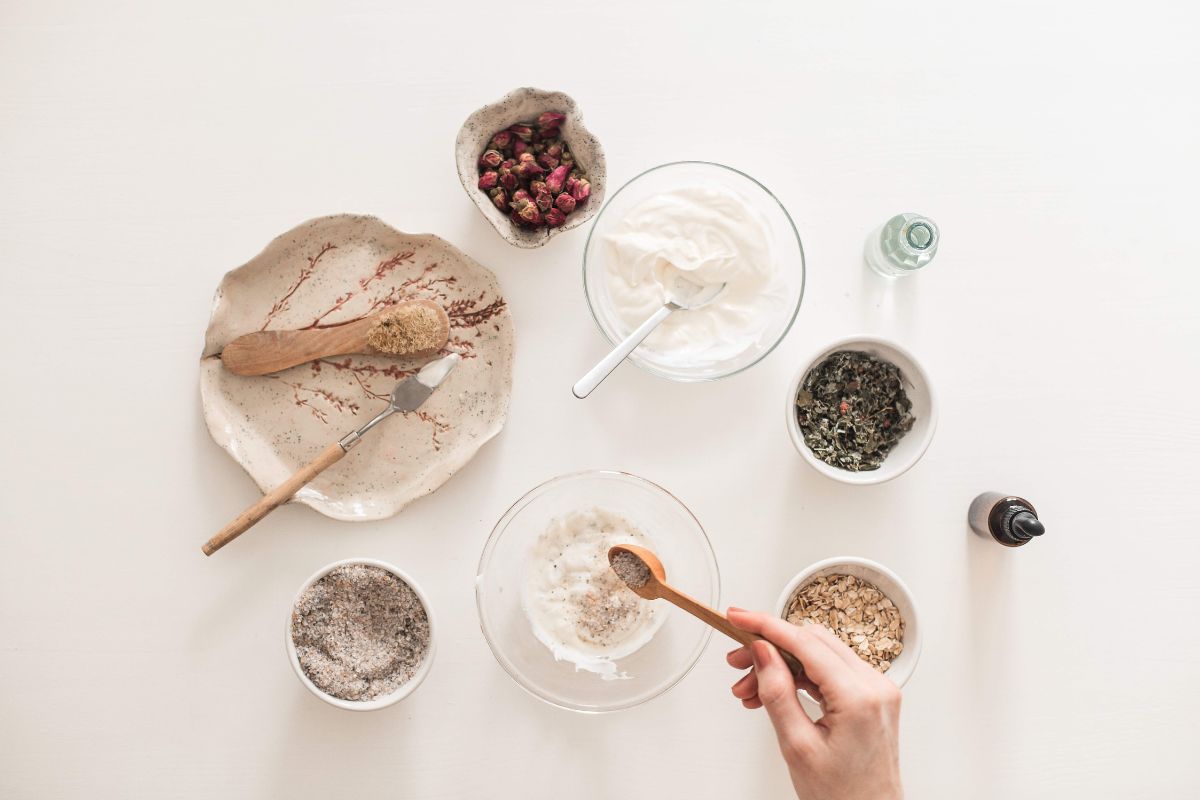Hey beautiful! 👋 I’m Sarah, your skincare bestie, and today we’re diving deep into one of my absolute favorite topics – skin brightening oils! After struggling with uneven skin tone and dark spots for years, I’ve discovered the transformative power of natural oils, and I can’t wait to share everything I’ve learned with you.
What Are Skin Brightening Oils and Why Should You Care?
Let’s be real – we all want that gorgeous, lit-from-within glow. Whether you’re dealing with post-acne marks, sun damage, or just want to boost your natural radiance, skin brightening oils can be total game-changers. These powerful natural ingredients work their magic by:
- Evening out skin tone
- Reducing the appearance of dark spots
- Promoting cell turnover
- Providing natural antioxidant protection
- Nourishing your skin barrier
The Science Behind Skin Brightening Oils
Before we dive into specific oils, let’s understand how they work their magic. Skin brightening oils typically contain active compounds that:
- Inhibit melanin production
- Promote cell turnover
- Provide antioxidant protection
- Support skin barrier function
Think of these oils as your skin’s personal cheerleaders, encouraging it to look its absolute best! 💫
Top 10 Most Effective Skin Brightening Oils
1. Rosehip Oil: The All-Star Performer
My personal favorite! Rosehip oil is packed with vitamin C, vitamin A, and essential fatty acids. Here’s why it’s amazing:
- Rich in trans-retinoic acid (a natural retinol)
- High in vitamin C for natural brightening
- Contains lycopene for extra antioxidant protection
- Lightweight and easily absorbed
Pro tip: Store your rosehip oil in a dark, cool place to preserve its potency!
2. Vitamin C Oil: The Brightening Powerhouse
While not technically an oil, vitamin C-infused oils are incredible for:
- Inhibiting melanin production
- Boosting collagen synthesis
- Providing antioxidant protection
- Evening out skin tone
3. Marula Oil: The Luxury Brightener
This African beauty secret is worth its weight in gold:
- High in vitamin C and E
- Contains protective antioxidants
- Super moisturizing yet non-comedogenic
- Helps reduce inflammation
4. Pomegranate Seed Oil: The Regeneration Expert
Talk about a superfood for your skin:
- Rich in punicic acid
- Promotes cell regeneration
- Contains powerful antioxidants
- Helps fade dark spots
5. Sea Buckthorn Oil: The Vitamin Cocktail
This bright orange oil is literally packed with goodness:
- Contains vitamins A, C, and E
- Rich in omega fatty acids
- Promotes skin healing
- Reduces hyperpigmentation
How to Choose the Right Skin Brightening Oil for Your Skin Type
Let’s get personal! Not all oils work the same for everyone. Here’s your guide:
For Oily/Acne-Prone Skin
- Rosehip oil
- Grapeseed oil
- Jojoba oil
For Dry Skin
- Marula oil
- Argan oil
- Sea buckthorn oil
For Sensitive Skin
- Calendula oil
- Chamomile oil
- Evening primrose oil
For Combination Skin
- Jojoba oil
- Squalane
- Rosehip oil
The Right Way to Apply Skin Brightening Oils
Getting the application right is crucial for maximum benefits! Here’s my tried-and-true method:
- Cleanse your face thoroughly
- Apply any water-based serums
- While your skin is slightly damp, take 3-4 drops of oil
- Warm between your palms
- Gently press into your skin
- Pat, don’t rub!
Pro tip: Less is more with facial oils. Start with a few drops and adjust as needed.
Common Mistakes to Avoid with Skin Brightening Oils
Learn from my mistakes, loves! Here’s what NOT to do:
- Using too much product
- Applying to dry skin
- Mixing too many active ingredients
- Not patch testing new oils
- Storing oils improperly
- Using expired products
Creating Your Own Skin Brightening Oil Blend
Ready to channel your inner skincare alchemist? Here’s a simple recipe to get you started:
Basic Brightening Blend
- 2 parts rosehip oil
- 1 part vitamin E oil
- 1 part pomegranate seed oil
- 2-3 drops lavender essential oil (optional)
Mix in a dark glass bottle and store in a cool, dark place.
The Role of Diet in Skin Brightening
Remember, beautiful skin starts from within! Support your skin brightening journey with:
- Vitamin C-rich foods
- Omega-3 fatty acids
- Antioxidant-rich berries
- Green leafy vegetables
- Plenty of water
When to Expect Results from Skin Brightening Oils
Let’s keep it real – good things take time! Here’s what to expect:
- 2-3 days: Increased hydration and glow
- 2-4 weeks: Improved texture and tone
- 6-8 weeks: Visible reduction in dark spots
- 12 weeks: Maximum results
Safety and Precautions
While natural oils are generally safe, always remember:
- Patch test new products
- Start slowly
- Avoid direct sun exposure when using photosensitive oils
- Check ingredient lists for potential allergens
- Consult a dermatologist if you have sensitive skin
Combining Skin Brightening Oils with Other Skincare Products
Create your perfect routine by knowing what plays well together:
Good Combinations:
- Hyaluronic acid + brightening oils
- Niacinamide + lightweight oils
- Peptides + facial oils
Avoid Combining:
- Strong retinols with acidic oils
- Multiple vitamin C products
- Too many active ingredients
Seasonal Adjustments for Your Oil Routine
Your skin’s needs change with the seasons:
Summer
- Use lighter oils
- Apply only at night
- Focus on sun protection
Winter
- Layer oils with moisturizer
- Apply morning and night
- Focus on hydration
Expert Tips for Maximum Results
After years of experimentation, here are my top tips:
- Layer products correctly
- Use facial massage techniques
- Stay consistent with application
- Keep track of results
- Adjust based on skin’s response
Frequently Asked Questions About Skin Brightening Oils
Q: Can I use oils if I have acne-prone skin? A: Yes! Choose non-comedogenic oils like rosehip or grapeseed oil.
Q: When should I apply facial oils in my routine? A: After water-based products but before heavy creams.
Q: How long do facial oils last? A: Most oils last 6-12 months if stored properly.
Sustainable and Ethical Considerations
When choosing your skin brightening oils, consider:
- Sustainable sourcing
- Fair trade practices
- Organic certification
- Environmental impact
- Cruelty-free status
Conclusion
Skin brightening oils are more than just skincare – they’re a natural, effective way to achieve the radiant skin you’ve always wanted. Remember, consistency is key, and what works for one person might not work for another. Listen to your skin, be patient, and enjoy the journey to brighter, more radiant skin!




